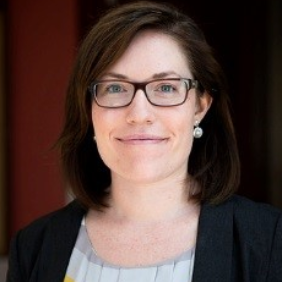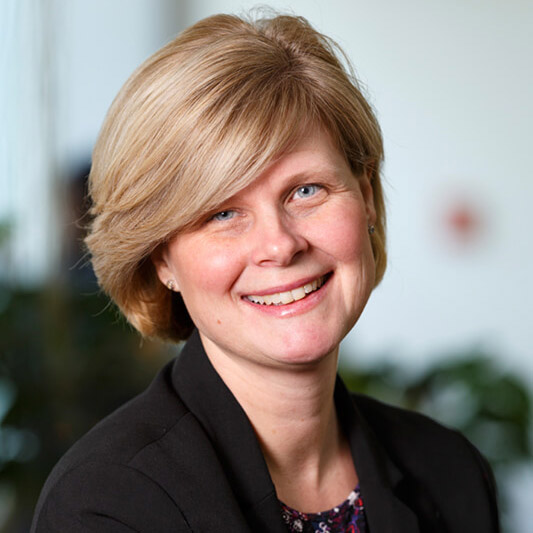Project Abstract
Arctic communities currently face environmental and economic changes that threaten their way of life. New ways of designing and building electric power systems might help these communities meet these challenges now and in the future. The goal of this research is to address these challenges by bringing together researchers, rural Alaska energy experts, and local people living in the Arctic. These groups are identifying needs and designing research on less expensive, portable, and renewable energy-based electric systems to address changing conditions. The adaptable microgrid designs from this work have potential for application in other remote places around the world. The design concepts could also help people build better water and sanitation systems, thus broadening the impact of this project.
Community-researcher partnerships are central to the development of feasible and socially-accepted models for microgrid design alternatives. The goal of this planning grant is to create these partnerships and build trust with Arctic community members and other rural Alaska energy stakeholders. This is being achieved through the following activities: (1) Formation of a research advisory committee composed of people from regional Alaska Native organizations, regional electric utilities, Alaska-wide renewable energy groups, and the Alaska Native Science and Engineering Program (ANSEP) at the University of Alaska Anchorage; (2) Development of two advisory committee workshops; (3) Convening meetings of the research team with Arctic communities to build relationships and gather initial information; and (4) Development of relationships with Arctic community schools and ANSEP for K-12 education and continuing participatory science projects. These activities are laying the foundation for a research agenda focused on community values on energy use, economic tradeoffs in the design and relocation of infrastructure, demand for electricity by integrated water and sewer systems, and data inputs for optimization modeling. The model output is providing communities with options for building adaptable infrastructure that meets their needs.
Logistics Summary
This collaboration between Schell (2022587, LEAD, RPI), Lowe (2022687, UAF) and Colt (2022570, UAF) aims to build relationships and a convergence research agenda for participatory design of engineering system in Arctic communities likely to experience extreme climate stress, ultimately providing the basis for developing future research building modular, microgrid systems in rural Alaska. During the summer of 2021 a field team of 4 will travel to two rural Alaskan communities to build relationships with community and gather initial information; provide K-12 science experiments on energy and climate change; develop relationships with community schools for future STEM outreach and continuing energy citizen science. In addition, researchers will hold two different workshops in Anchorage, Alaska. The first Advisory Committee workshop will be held in February 2021 with the second workshop held in October 2021.
Project Location
Dates
-Location
Anchorage, AK; Northern, AKMembers
Principal Investigator

Principal Investigator

Principal Investigator

